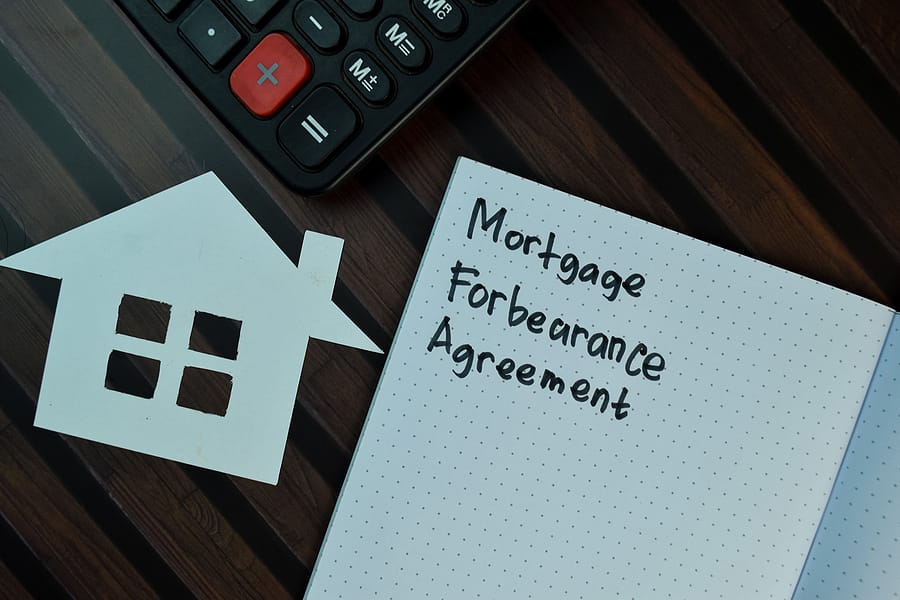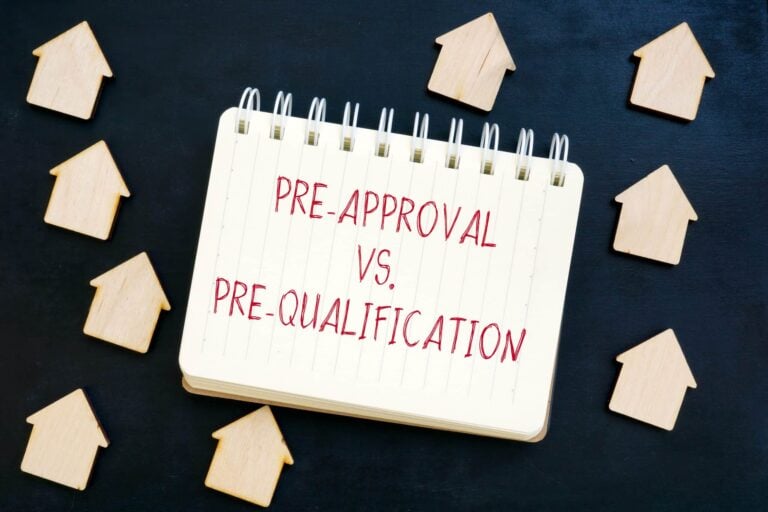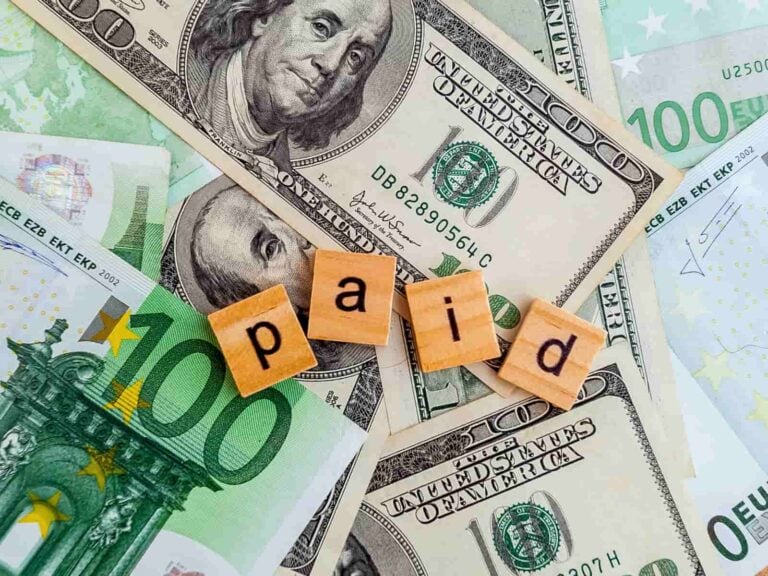After two months of declining Covid cases, it appears that numbers are once again on the rise. Despite the pandemic continuing to impact our everyday lives as citizens, many pandemic-induced protections, like the Covid 19 forbearance extension on mortgages, are expiring by the day.
If you applied for a Covid 19 mortgage forbearance extension, then you need to know how long it will last. Learn more about the timeline of the Covid forbearance extension program and how long it’s expected to last below.
What is the Covid 19 Forbearance Extension?
In March of 2020, the CARES Act provided relief to millions of homeowners by allowing them to temporarily pause or reduce their mortgage payments. At first, homeowners were given a grace period of up to six months, but they were later given an additional six months. Soon after, the Federal Housing Administration announced a new mortgage forbearance CARES Act extension, which provided an additional six months in forbearance extensions.
How Long Will the Covid 19 Forbearance Extension Last?
Answering the question of how long your Covid 19 forbearance extension will last is complicated. It hinges on when you applied and were initially approved for forbearance.
Are you wondering — can you extend forbearance if you applied back in March of 2020? If you were approved during that time, then you have a maximum of 18 months of protection. In other words, your forbearance period ended back in late 2021.
If you applied back in September of 2021, though, then you could still have up to 12 months of protection. These timelines can be a bit confusing, so we’ll break them down further below:
Mortgage Forbearance Extension 2021
The CARES Act, which was passed in 2020, originally provided all borrowers who were suffering a financial hardship due to the pandemic with automatic mortgage forbearance. This original postponement only lasted up to 180 days, with a mandatory additional 180 days available upon request. In other words, the CARES act itself provided up to a year of forbearance beginning in March of 2020.
In February of 2021, President Biden issued the first extension, which provided an additional 3 months of forbearance for homeowners. In other terms, it was extended until at least June 30, 2021. This extension also provides up to six months of additional forbearance in three-month increments.
Mortgage Forbearance Extension 2022
In all, the current extensions provide up to 18 months of forbearance allowance. For many, that meant their forbearance lasted until late 2021. For others, they’ve been granted more extensions to last them until sometime in 2022. Either way, those mortgage forbearance extensions are expiring sooner rather than later.
Under normal circumstances, borrowers would be liable for the forbearance amount, interest costs, and additional fees once the grace period ends. Since Covid was so unique, though, many lenders are offering to skip all those missed payments entirely in exchange for a longer overall repayment period.
How to Deal With Mortgage Debt Moving Forward
If your forbearance is coming to an end and you don’t think you can afford your payments, then you need to get in touch with your mortgage provider. Often, they can work with you to arrange a payment plan or loan modification that works for you. If you’ve already missed several payments and fallen into significant mortgage debt, then your situation is dire. Your home could be at risk of further collection efforts.
You might also have other questions, like — does forbearance affect getting a mortgage in the future? Will I need to secure new housing, or will I be able to remain in my home?
If you can manage your mortgage debt, then there’s a great chance you’ll stay in your home. If you can’t make a deal with your mortgage provider, then you should research other options.
Do You Need Help Managing Your Mortgage Debt?
Did you apply for a Covid 19 forbearance extension on your mortgage? If so, then it’s important to understand that your extension provides a maximum of 18 months of protection, and that’s only in some situations. You’ll want to know for sure when your mortgage payments will resume. If you’re still unable to make payments, then it’s necessary to contact your mortgage provider as soon as you can to inquire further about your options.
Are you currently facing both mortgage debt and other types of debts? If so, then it might be in your best interests to research your personal debt relief options. Contact our debt experts at 888-574-5454 to learn more about your options moving forward.

Gabriel Gorelik paves the way for customer service and operations at United Settlement. He is passionate about numbers and holds a strong belief in helping anyone with their debt. Before United Settlement, Gabriel received his BS in Finance & Economics from Brooklyn College. After graduation, Gabriel went on to build his first financial services company where he managed thousands of accounts for business and consumer clients. He understands the importance of client satisfaction, professionalism, and exceeding expectations.












